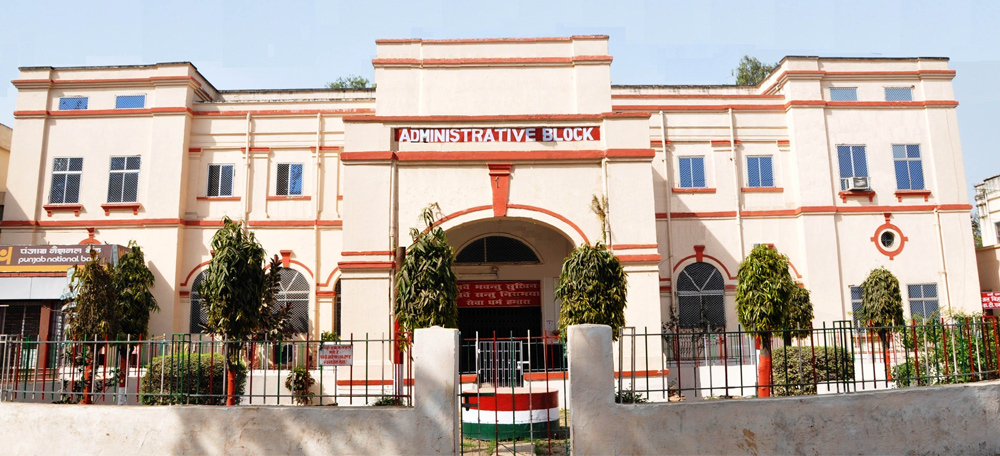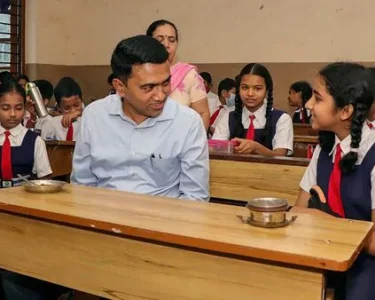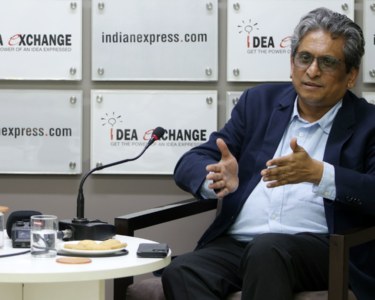Governor R N Ravi’s Language Remarks Trigger Controversy
Governor Ravi Calls for Flexible Language Policy
In a speech at an event honoring Tamil saint Ayya Vaikundar, Tamil Nadu Governor R N Ravi expressed concerns over the “language war” in the state. Criticizing the long-standing two-language policy of Tamil Nadu, he argued that adopting a three-language formula including Hindi would provide better educational and career opportunities for the youth.
Ravi stated, “Rigid linguistic policies limit growth and opportunities. A multilingual approach strengthens national unity and helps the younger generation compete on a broader platform.”
Tamil Nadu’s Two-Language Policy: A Historical Perspective
Tamil Nadu has adhered to a two-language policy (Tamil and English) since 1968. This decision was rooted in the anti-Hindi agitations of the 1960s, where Tamil leaders and the public strongly opposed the imposition of Hindi, viewing it as a threat to Tamil identity and autonomy.
Governor Ravi’s remarks have now reignited this debate, with many seeing his comments as an attempt to revive the three-language formula, which Tamil Nadu has historically resisted.
Political Responses: DMK, AIADMK, and BJP React
- DMK’s Response: Chief Minister M K Stalin rejected the Governor’s remarks, stating, “Tamil Nadu has always upheld its linguistic identity. The two-language policy is not just a decision; it is a reflection of our history and culture.”
- AIADMK’s Stand: The AIADMK emphasized that language learning should be a choice, not a compulsion, supporting Tamil and English while allowing optional language study.
- BJP’s Position: The BJP backed Ravi’s views, arguing that multilingual proficiency, especially in Hindi, would boost employment prospects for Tamil Nadu’s youth.
Implications for Education and Employment
The language policy debate directly impacts students and job seekers in Tamil Nadu. Key considerations include:
- Competitive Exams: Many national-level exams are conducted in Hindi and English, creating a disadvantage for Tamil-medium students.
- Economic Opportunities: Proficiency in Hindi could open doors for central government jobs and interstate trade.
- Cultural Concerns: Critics argue that imposing Hindi could dilute Tamil’s rich linguistic and literary heritage.
Public Reactions: Divided Opinions
Social media has seen a surge in discussions, with hashtags like #StopHindiImposition and #RespectTamil trending. While some argue for embracing multilingualism, others insist on preserving Tamil Nadu’s linguistic autonomy.
Conclusion: A Continuing Debate
Governor Ravi’s comments have once again brought the language issue to the forefront. As Tamil Nadu’s political and cultural leaders stand firm on the two-language policy, the debate over linguistic identity versus national integration continues.






